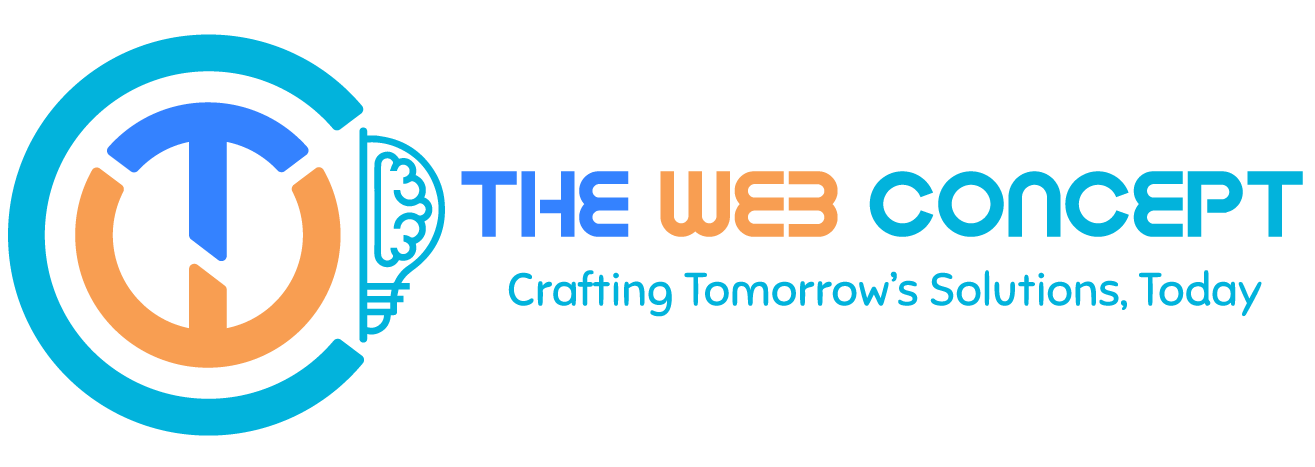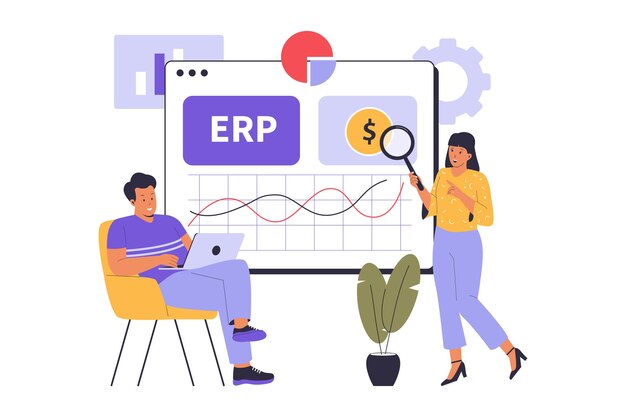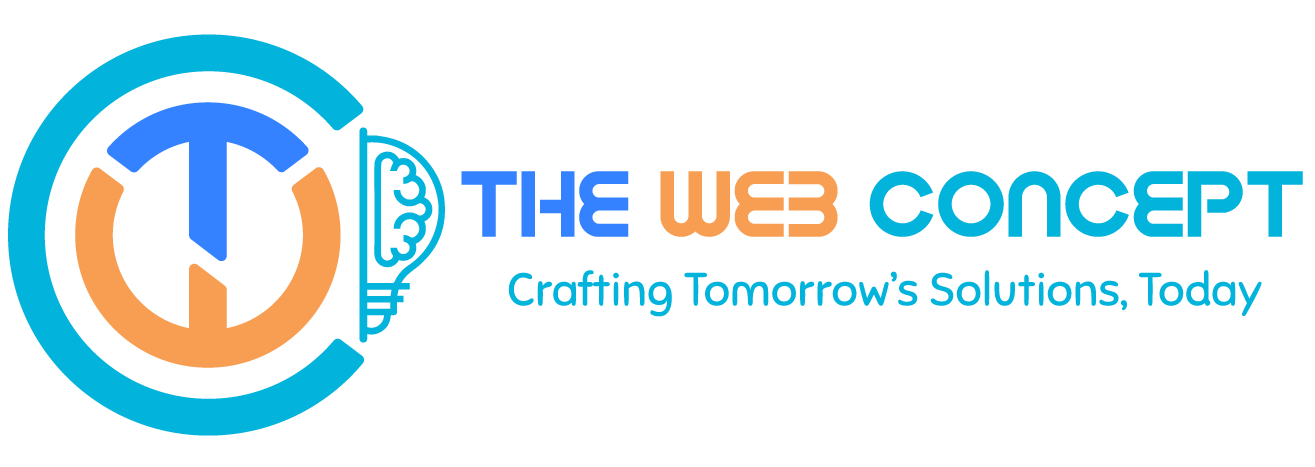Introduction
Businesses rely heavily on technology to stay competitive. One of the most powerful tools at their disposal is enterprise resource planning (ERP). ERP systems have long been used to smooth internal business processes, but their role has expanded significantly. ERP plays an important role in web development, enhancing backend operations and front-end user experiences.
The primary goal of an ERP system is to provide real-time data and improve the flow of information across departments, resulting in increased efficiency, reduced costs, and better decision-making.
In this article, we’ll explore the scope of ERP in web development and how integrating ERP systems with websites transforms the digital landscape. From handling data to improving customer interactions, ERP’s impact on web development goes far beyond traditional resource management.
What is ERP and Why Does It Matter?
ERP systems allow businesses to manage different aspects of their operations on one unified platform. From finances to inventory, everything is tracked in real-time, making it easier for businesses to operate smoothly. This integration extends into web development, allowing websites to smoothly handle large volumes of data, user interactions, and online transactions.
When integrated with web applications, ERP systems enable businesses to manage everything from order fulfillment to customer interactions more efficiently. These applications work together to automate processes, reduce redundancy, and improve data accuracy. By centralizing data across an organization.
An ERP system integrates various functions into one unified system, typically consisting of:
Functions
Functions are given below:
- Finance & Accounting: Manages financial transactions, budgets, forecasting, and reporting.
- Human Resources (HR): Handles employee data, payroll, benefits, recruitment, and performance.
- Manufacturing & Production: Oversees production processes, inventory management, supply chain, and procurement.
- Supply Chain Management (SCM): Coordinates the movement of goods and services from suppliers to customers.
- Customer Relationship Management (CRM): Manages customer interactions, sales, and marketing campaigns.
The Role of ERP in Backend Web Development
The backend of a website is where all the data management happens. ERP systems fit perfectly into this space by providing the tools needed to manage databases, automate workflows, and process large volumes of information. This makes ERP an essential part of any web development project that needs to handle complex data. For example, an ERP system can automatically update product inventory on an e-commerce site, making sure that the data on the backend is always accurate and up-to-date.
How ERP Improves Business Efficiency
ERP systems automate routine tasks like data entry, inventory tracking, and payroll processing, allowing employees to focus on more strategic activities and improving overall productivity. They also enable real-time inventory management, ensuring stock is replenished as needed, reducing overstocking or stockouts, and optimizing production workflows. By providing access to real-time data.
ERP systems enhance decision-making, improve forecasting, and help businesses respond quickly to customer demand. Additionally, integrated customer data across departments leads to better customer service, with support teams able to access order histories, track shipments, and resolve issues promptly, boosting customer satisfaction.
Conclusion
ERP systems have become a key part of web development, helping businesses run more smoothly. By connecting backend processes like inventory and data management with the frontend user experience, ERP makes websites more efficient and user-friendly. Whether it’s for e-commerce, customer portals, or service-based platforms.
ERP provides real-time updates, automates tasks, and improves business operations. As technology grows, ERP’s role in web development will continue to expand, making it essential for businesses looking to succeed online. By understanding the backend web development and choosing the right ERP solution for your business, you can unlock the full potential of your operations and drive sustainable growth.
FAQ’s
What is ERP in web development?
It’s the integration of ERP systems to manage backend and frontend web operations.
How does ERP help websites?
It automates tasks like inventory management and updates data in real time.
Can small businesses use ERP?
Yes, ERP improves efficiency and decision-making for businesses of all sizes.
Why is ERP important for e-commerce?
ERP manages orders and inventory and provides real-time product availability.
Does ERP only affect the backend?
No, it improves both backend operations and frontend user experiences.
Can ERP be customized?
Yes, ERP systems can be customized to fit specific business needs.
What’s the future of ERP in web development?
AI, automation, and cloud-based ERP systems are the future trends.















